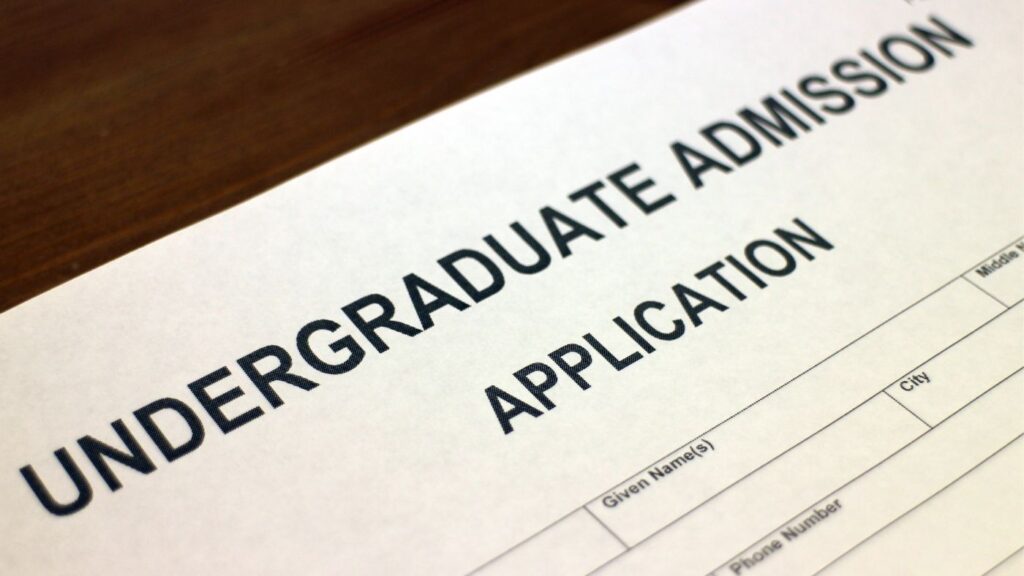6 Ways to Create a Life-Work Balance for Your Budding Athlete
Children look to their parents for answers and encouragement, perhaps even more so when these children are student athletes. A parent’s role in their athlete’s physical and educational quests can prove to be strenuous and stressful, as can the pressure on student athletes to perform. The good news is that many road maps and advice are available to create a life-work balance for your student athlete. Below are six simple ways you can work with your budding athlete in pursuit of balance. Stay Connected One way to ensure your child is balancing academics and athletics with proper rest is to simply stay connected. You can’t help as a parent if you don’t know what’s happening in your athlete’s life. This includes accessing grades and reports for classes, which are often available online or in regular progress reports. You can also stay connected to your athlete’s sport requirements by keeping an organized calendar; know what time and on which days practice, games, travel, and other functions will occur. Academic reports and athletic schedules can be used together both to keep you as the parent informed and to balance your student’s busy calendar. Evaluate Your Own Influence Though staying connected in your athlete’s academic and competitive pursuits is important, knowing when to take a step back is equally crucial. Advisors have described parents as occasionally being “helicopter” or “bulldozer” parents. Parents can become overinvolved in their athlete’s life to the point where the child stops making decisions for themselves. Athlete autonomy is important, and evaluating your own role in your child’s life hugely influences the ease with which your child makes decisions. Don’t Brush Academics Aside Advisors have indicated that a majority of parent contact at the college level concerns academics, even for athletes. It is important that parents become involved academically while students are younger, as research shows parents have large influence over their child’s academic and athletic attitudes. Checking in with your student about projects, papers, and school assignments is as important as checking in with them on the field or court. Keep dialogue open about assignment deadlines, marks, and academic calendars to help avoid an overwhelming workload. If your student athlete is struggling in the classroom, work with them to find specialized help and sharpen study skills. Maintain a Relationship with the Coach In addition to focusing on academics, developing a healthy relationship with your athlete’s coach can have a positive impact on life-work balance. A coach can and should stress the importance of balancing academics with athletics. Coaches have specialized skill and experience, and they know the best balance for athletes in terms of sport. Maintaining a positive relationship with a coach as a parent also builds bridge of support for students between the field and home; any problems that arise in life-work balance for the student are best solved with a team of support. Start Balance with the Body Every student’s success starts in the most essential way with their health. Student athletes burn many calories between practice and games, and they need a balanced diet to refuel. Helping your student athlete cook or select the right kinds of foods, including lean proteins to whole grains, makes a huge impact on physical health. Drinking plenty of water and eating breakfast also boosts focus in the classroom. Ensuring your student athlete has the time and resources for a balanced diet and proper rest means keeping their energy levels up for academics and athletics. Be Encouraging Most importantly, encourage your student athlete through all steps of their journey. Your athlete will feel stressed, disappointed, or confused at certain points during their career. Maintaining an open dialogue and reassuring your child after a loss on the field keeps morale high. Your student athlete’s happiness largely impacts their success, and aiding them in maintaining a healthy emotional balance will keep them confident and positive in hard times.
Team AddedSport





